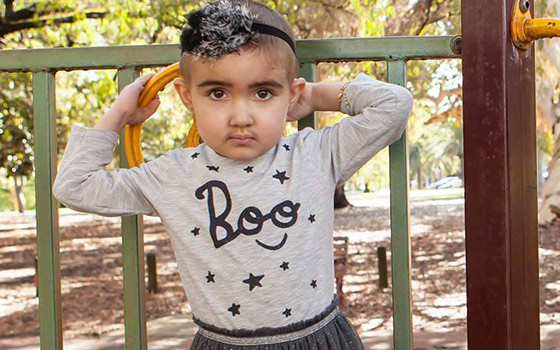Our focus is on how environmental exposures/inflammation can impact normal immune system development during early life to program an individual to be protected against or at increased risk for development of a broad range of diseases, including asthma and allergies, respiratory, metabolic and mental health.
The overall objective is the development of novel therapeutic strategies to prevent environmentally induced aberrant immune function and to improve long term health prospects for children.
Our future research goals include discovering:
- How environmental exposures impact the immune system over the course of life from the prenatal period to adult, and contribute to disease pathogenesis and risk.
- How the immune system can be trained to prevent or minimize increased risk for diseases due to environmental exposures/inflammation.
- If the immune system can be reprogrammed, following such changes, to reduce/reverse disease susceptibility.
- What drives sex specific differences in disease.
- Understanding the role of precursor stem cell populations in peripheral tissues.
The primary focus of these current research programs is on allergic outcomes, infectious diseases, pregnancy health, mental health and whether responses are gender dependent.
Team leader
Head, Pregnancy and Early Life Immunology
Team members (7)

PhD
Head, Translational Immunology
Honorary Research Associate

BSc MSc PhD

Naomi Scott
Senior Research Officer

Michael Serralha
Research Assistant

Kyle Mincham
Research Officer

Laith Harb
PhD student
Featured projects
Mapping changes in immune cell populations in gestational tissues over the course of pregnancy
This is a strategic “pilot” project in which we are seeking basic information on the immune cell content of gestational tissues.
Finding the cellular explanation for recurrent asthma exacerbations
This study is designed to identify the specific unique immune cell response that occurs in these children with recurrent disease.
Other projects
Role of stem cell precursors in tissues Early biomarkers predictive of autism Epigenetic changes underpinning allergen sensitization: a twin-based study Attenuation of maternal inflammatory responses during pregnancy to promote normal immune and behavioral outcomes in the offspring The impact of Influenza infection during early life on immune development Long-term derangement of antigen presenting cell populations in the respiratory tract following Influenza A infection All Pregnancy and Early Life Immunology projects


